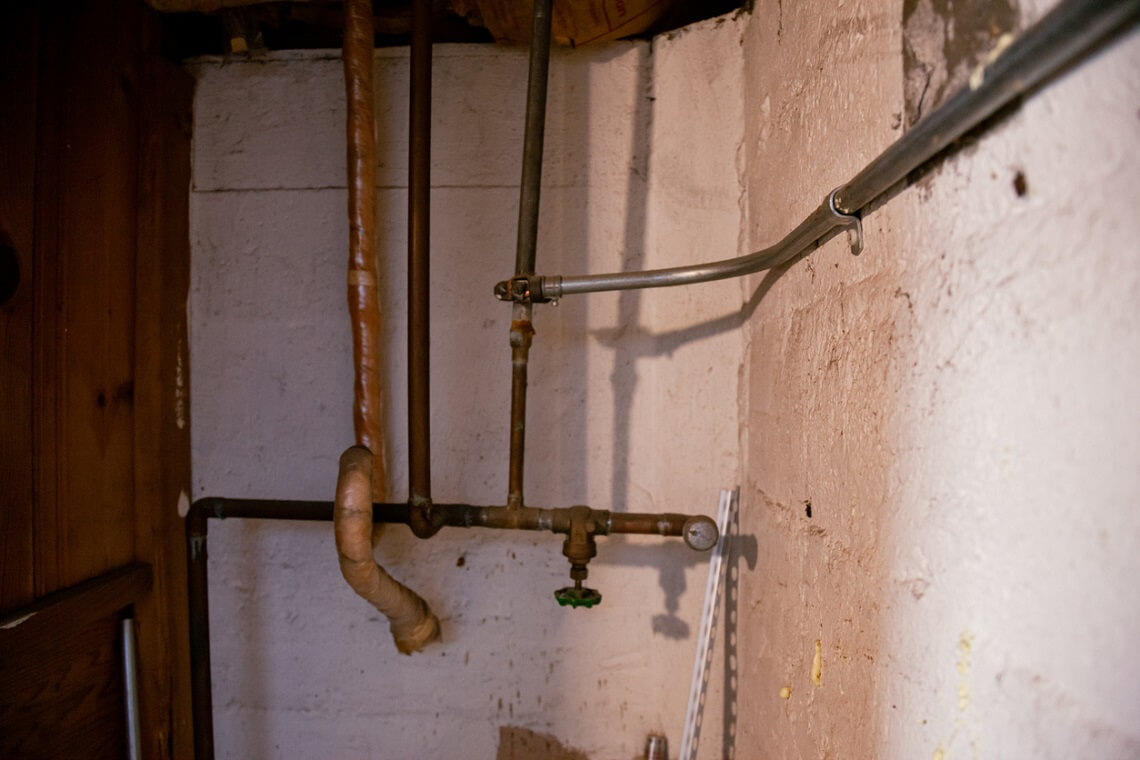Living in an older home holds many charms, but there are also potential health risks lurking behind the scenes. Lead pipes were commonly used in decades past but are now obsolete. In this blog post, we’ll explore lead pipes' effects, hidden dangers, and possible implications for homeowners. But fear not; there are solutions available. From understanding the potential risks they hold to the solutions you can make, you’ll be equipped with everything you need to know to make your home safe.
What exactly are lead pipes?
Lead pipes are characterized by two common traits: they’re made from lead or incorporate lead-based metal alloys to join the pipes. Lead is a toxic metal that can affect the quality of the water you use for drinking, cooking, and bathing. The effects of lead toxicity pose health hazards, particularly for pregnant women and children. As an example, ingesting lead-contaminated water has been linked to developmental issues and other health conditions (Mayo Clinic). By getting to know the risks and addressing the issues posed by lead pipes, you can ensure a healthy and safe home for you and your family.
Some of the health risks associated with lead pipes
- Nervous system damage: Lead can adversely affect the nervous system. It may interfere with the normal development of the brain and nervous system and could lead to long-term neurological disorders and behavioural changes.
- Lead contamination: Lead leaches into the drinking water flowing through pipes, especially if the water has been stagnant for a considerable amount of time. Even small amounts of lead can seriously affect an individual’s well-being.
- Kidney disorders: Lead can harm the kidneys and impair their ability to function as usual.
How do I know if I have lead pipes?
You can request a plumber, such as McKenna Plumbing, to examine your pipes to see if they are made out of lead. Alternatively, the Municipality of Halton has tips on how to test for lead pipes.
Lead pipe solutions
- Contact a professional: Consult a licensed plumber experienced in lead pipe replacement. They will thoroughly assess your plumbing and develop a plan for your needs.
- Finding the suitable material: A plumber will help you find a suitable replacement material; popular choices include copper and PEX. Consider variables like the pipes’ durability, compatibility with your existing plumbing system, cost of materials and service, and compliance with local regulations.
- Removing the risk: The replacement process typically involves removing the existing lead pipes and installing the new, safe pipes. Experienced plumbing services are critical during the process, as the installation will include various tasks like soldering and connecting to ensure optimal functionality.
- After the fact: After the new pipes are installed, you should follow regular maintenance guidelines to keep your plumbing in top condition. Follow maintenance guidelines and ensure the longevity and performance of your new pipes.
Contact McKenna Plumbing today!
If you're experiencing issues with lead pipes in your Oakville home and need expert assistance, the team at McKenna Plumbing is here to help. Contact us today for professional plumbing services tailored to your needs!

